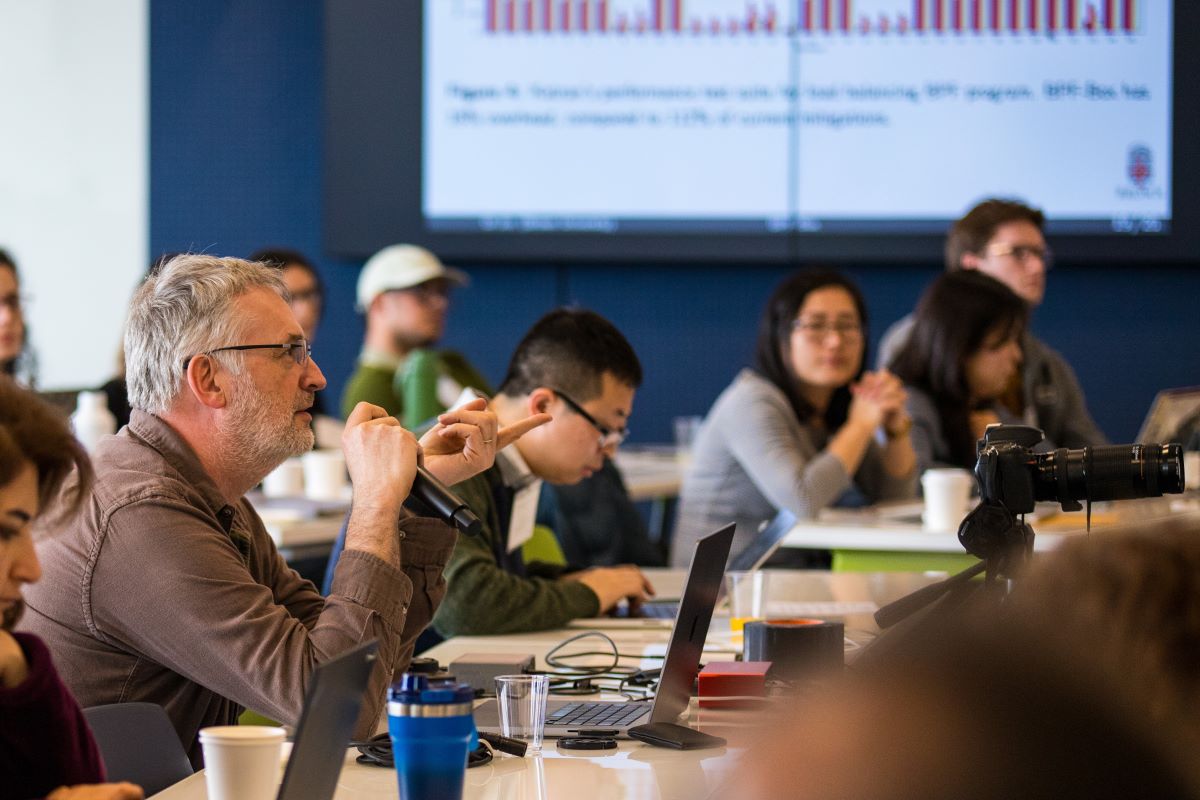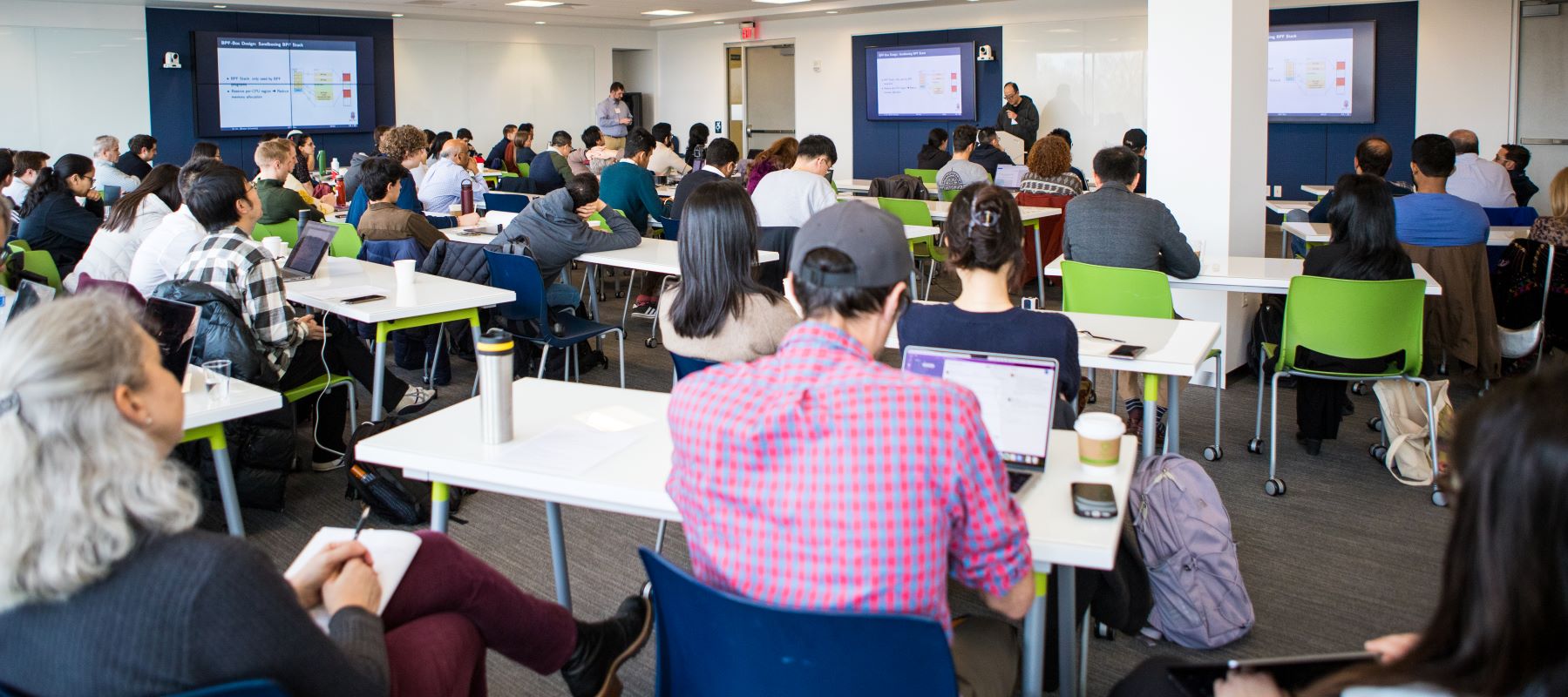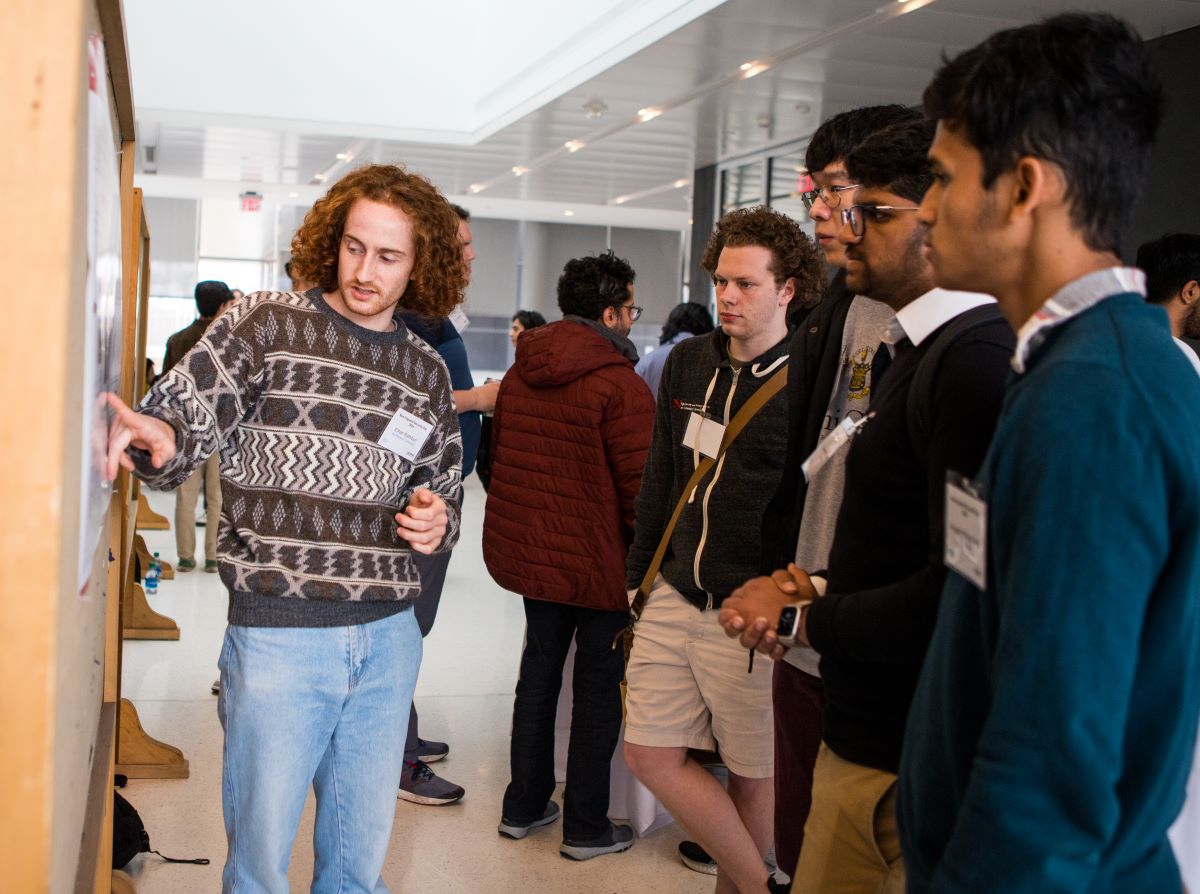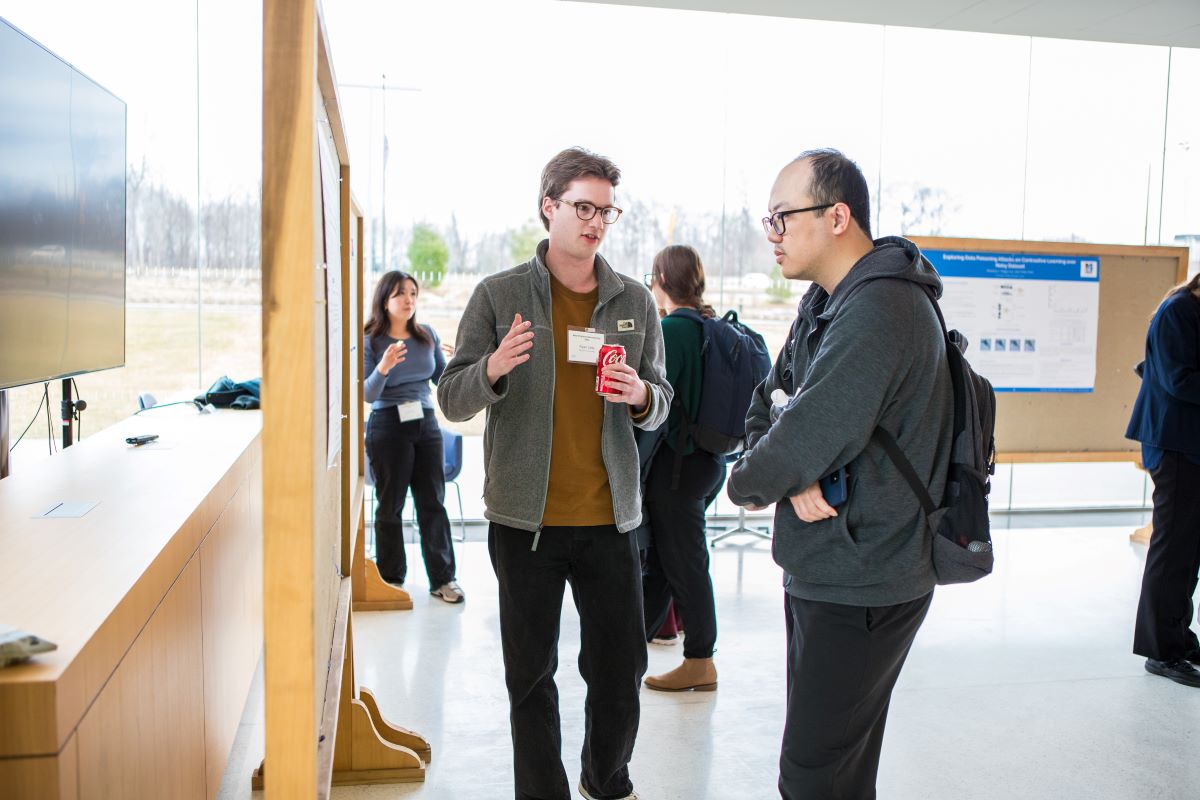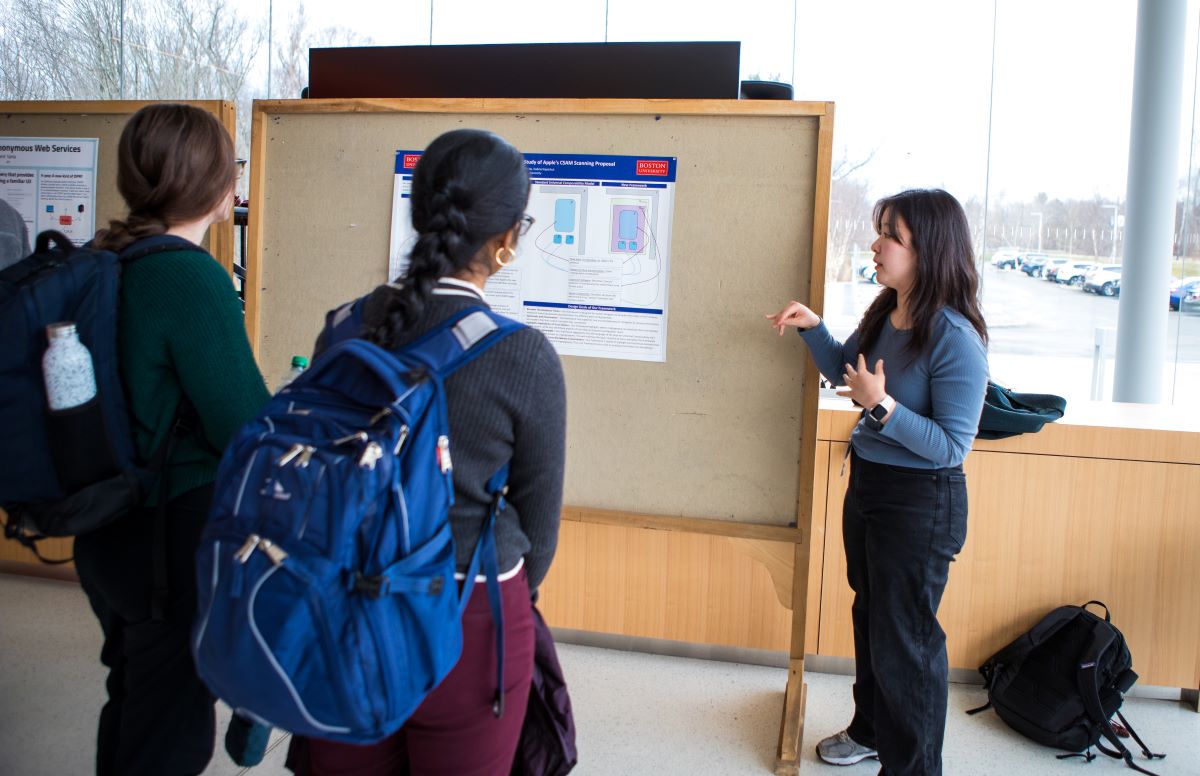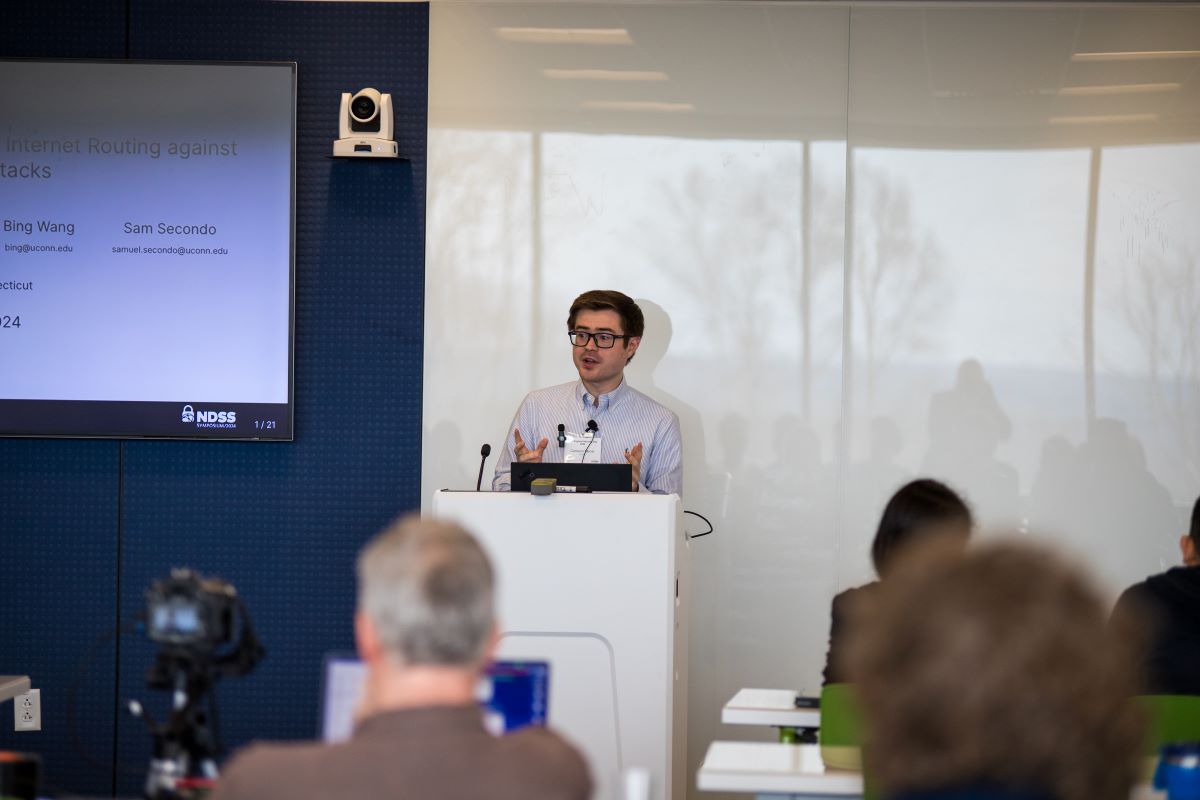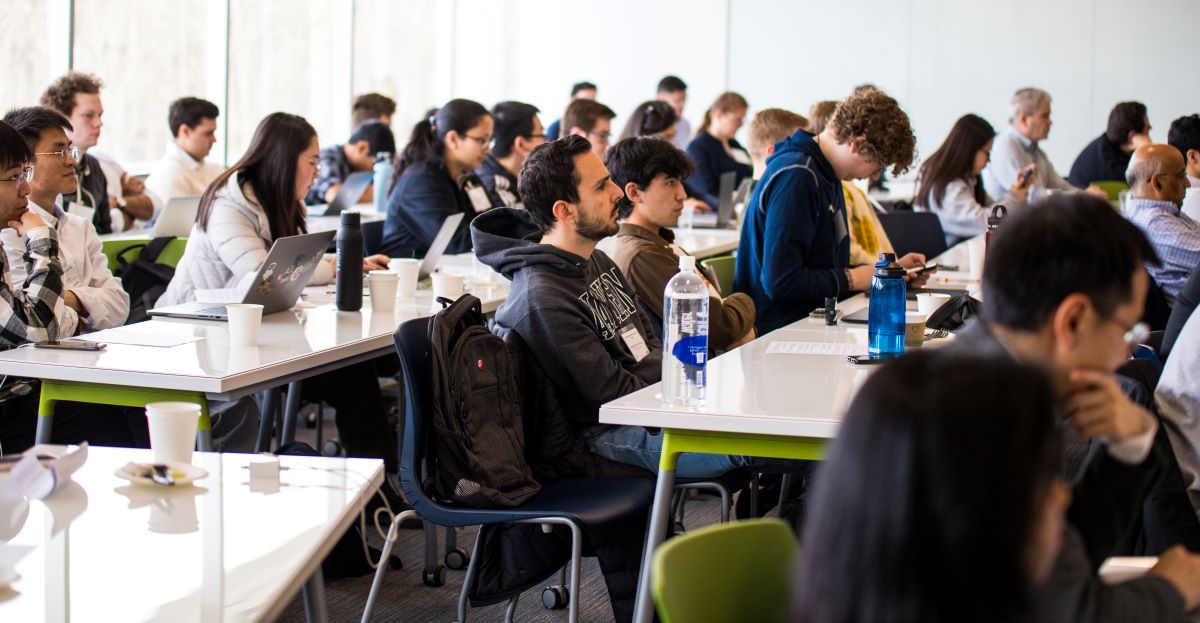Research
Junbo Zhao from UConn College of Engineering Wins NSF CAREER Award
Exploring the Future of Digital Twins in Manufacturing
 On November 12–13, 2024, UConn’s Pratt & Whitney Institute for Advanced Systems Engineering (PW-IASE) brought together researchers, industry leaders, and practitioners for the Workshop on Digital Twins for Manufacturing, held at the Innovation Partnership Building at UConn Tech Park. Hosted in collaboration with the U.S. Department of Energy (DoE) and the National Science Foundation (NSF), the event served as a global platform to explore the transformative potential of Digital Twin (DT) technologies in modern manufacturing.
On November 12–13, 2024, UConn’s Pratt & Whitney Institute for Advanced Systems Engineering (PW-IASE) brought together researchers, industry leaders, and practitioners for the Workshop on Digital Twins for Manufacturing, held at the Innovation Partnership Building at UConn Tech Park. Hosted in collaboration with the U.S. Department of Energy (DoE) and the National Science Foundation (NSF), the event served as a global platform to explore the transformative potential of Digital Twin (DT) technologies in modern manufacturing.
Participants engaged in a dynamic exchange of ideas through keynote presentations, interactive panels, and collaborative working sessions. The workshop’s agenda was designed to address pressing challenges and opportunities in manufacturing, with a focus on the development and application of DTs—virtual models that mirror physical systems to optimize products, processes, and production throughout their lifecycle.
Digital Twin technologies are revolutionizing how manufacturers approach design, production, and maintenance. By enabling real-time data integration and predictive analytics, DTs support informed decision-making and proactive solutions, critical for industries navigating the complexities of modern supply chains and innovation demands. “As the manufacturing sector evolves, DTs provide critical tools for innovation, enabling real-time data integration, predictive analytics, and proactive decision-making,” noted Dr. George Bollas, associate dean of Research for UConn’s College of Engineering and director of PW-IASE.
The workshop tackled key themes, such as improving system efficiency, enhancing resilience, and leveraging DTs for sustainability in manufacturing. Notable speakers and panelists represented a wide array of expertise, from academic research to practical applications in aerospace, defense, and energy sectors. Participants worked toward actionable outcomes, including drafting a strategic roadmap to guide the future development of DT technologies and fostering collaborations across academia, industry, and government.
By hosting this event, UConn reaffirmed its position as a leader in advancing cutting-edge manufacturing technologies. The workshop highlighted Connecticut’s rich industrial heritage, particularly in aerospace, defense, and shipbuilding, while showcasing how innovations like DTs will shape the future of these sectors.
The Workshop on Digital Twins for Manufacturing not only provided a forum for sharing knowledge but also underscored the importance of interdisciplinary collaboration in driving technological progress. As digital twins continue to mature, they hold the promise of transforming manufacturing into a more agile, efficient, and sustainable industry.
Professors Creating Computing Models to Increase Public Trust During Elections
Congratulations to Our Recent PhD Graduates!
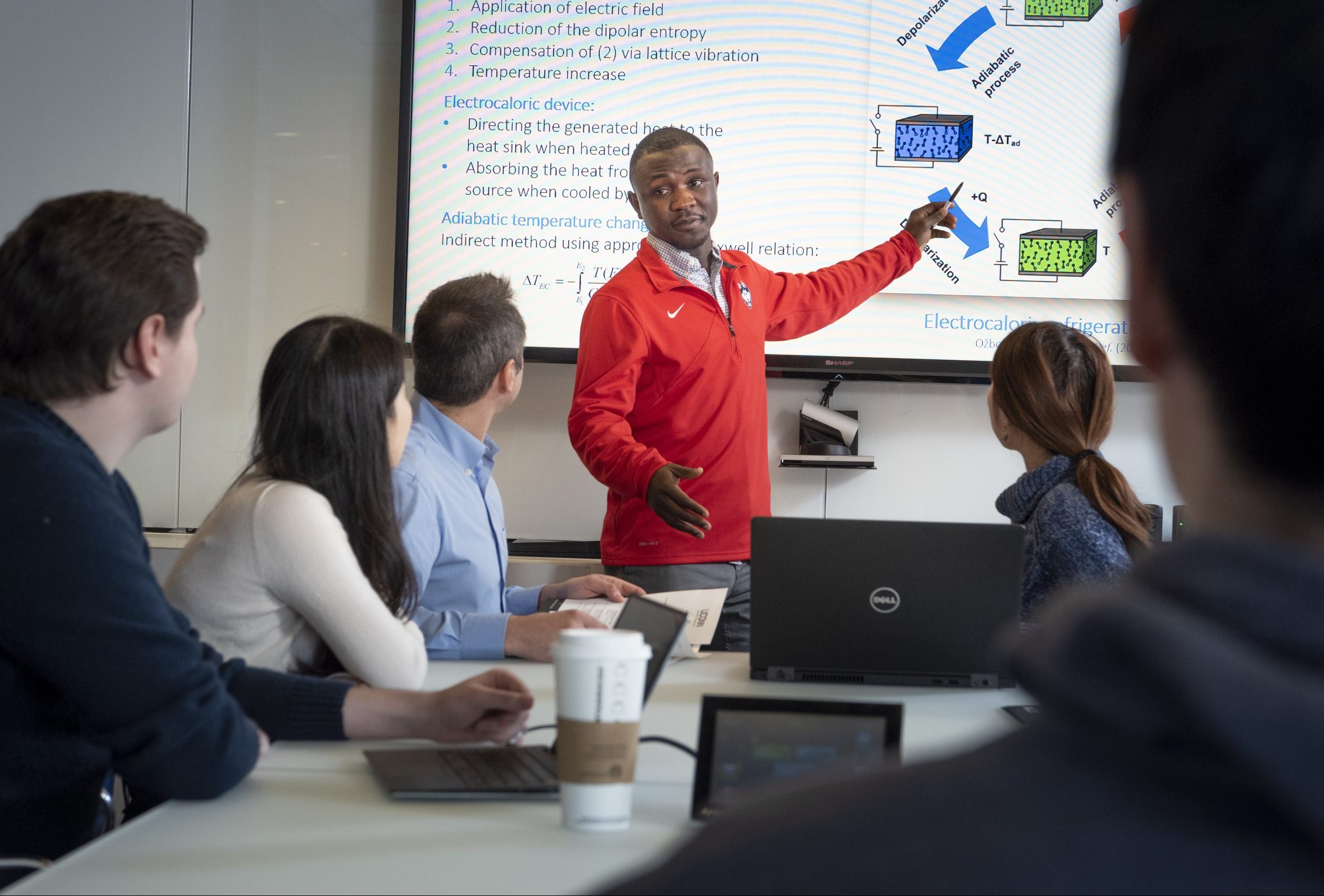 We are delighted to celebrate the achievements of those who recently defended their dissertations based on research conducted at one of the Innovation Partnership Building research centers. Best wishes to them in their future professional endeavors.
We are delighted to celebrate the achievements of those who recently defended their dissertations based on research conducted at one of the Innovation Partnership Building research centers. Best wishes to them in their future professional endeavors.
Yishu Bai
Dissertation title: Steady State Performance Metrics Calculation and Operation Optimization of Complex Production Systems
Advisor: Liang Zhang
IPB Center: Southern New England Industrial Assessment Center
Yishu will join the Electrical and Computer Engineering Department at UConn as a visiting assistant professor.
Justin Furuness
Dissertation title: Securing BGP ASAP: ASPA and other post-ROV policies
Advisor Amir: Herzberg
IPB Center: Connecticut Advanced Computing Center
Justin is completing work on other projects for his PhD and will start applying to jobs later this summer.
Rebecca Gentzel
Dissertation title: Haddock: A Language and Platform for MDD-Based Constraint Programming
Advisor Laurent: Michel
IPB Center: Connecticut Advanced Computing Center
Rebecca will join Carlow University as an Assistant Professor of Computer Science this fall.
Shaoyi Huang
Dissertation title: Towards High Performance Model Inference and Training: From Algorithm to Hardware
Advisors: Caiwen Ding, Omer Khan
IPB Center: Connecticut Advanced Computing Center
Shaoyi will join the department of Computer Science at Stevens Institute of Technology as a tenure track assistant professor this fall.
Hasan Iqbal
Dissertation title: High-Dimensional Quantum Key Distribution: New Protocols and Analysis
Advisor: Walter Krawec
IPB Center: Connecticut Advanced Computing Center
Rakesh Joshi
Dissertation title: Optical signal detection and image sensing in turbid medium using Integral Imaging and Deep neural networks
Advisor: Bahram Javidi
IPB Center: Connecticut Advanced Computing Center
Rakesh is joining the University of Houston College of Optometry as a postdoctoral research associate.
Mariam Khanam
Dissertation title: Non-Stationarity in Flood Risk: Quantifying the Impact of River Conveyance Changes and Extremes
Advisors: Emmanouil Anagnostou, Giulia Sofia
IPB Center: Eversource Energy Center
Mariam has joined Oak Ridge National Laboratory as a postdoctoral research associate in the Environmental Sciences Division’s Water Resource Science and Engineering Group.
Shida Ye
Dissertation title: Applications in Estimation, Tracking and Sensors: A Multi-Method Approach
Advisors: Yaakov Bar-Shalom, Peter Willett
IPB Center: National Institute for Undersea Vehicle Technology
UConn and Yale Drive Quantum Innovation with State Support
The Quantum Initiative at UConn, in partnership with Yale University, is a dynamic and collaborative effort dedicated to advancing quantum science through interdisciplinary collaboration. By fostering a community through joint seminars, workshops, and outreach events, QuantumCT is working towards establishing a premier quantum center in Connecticut.
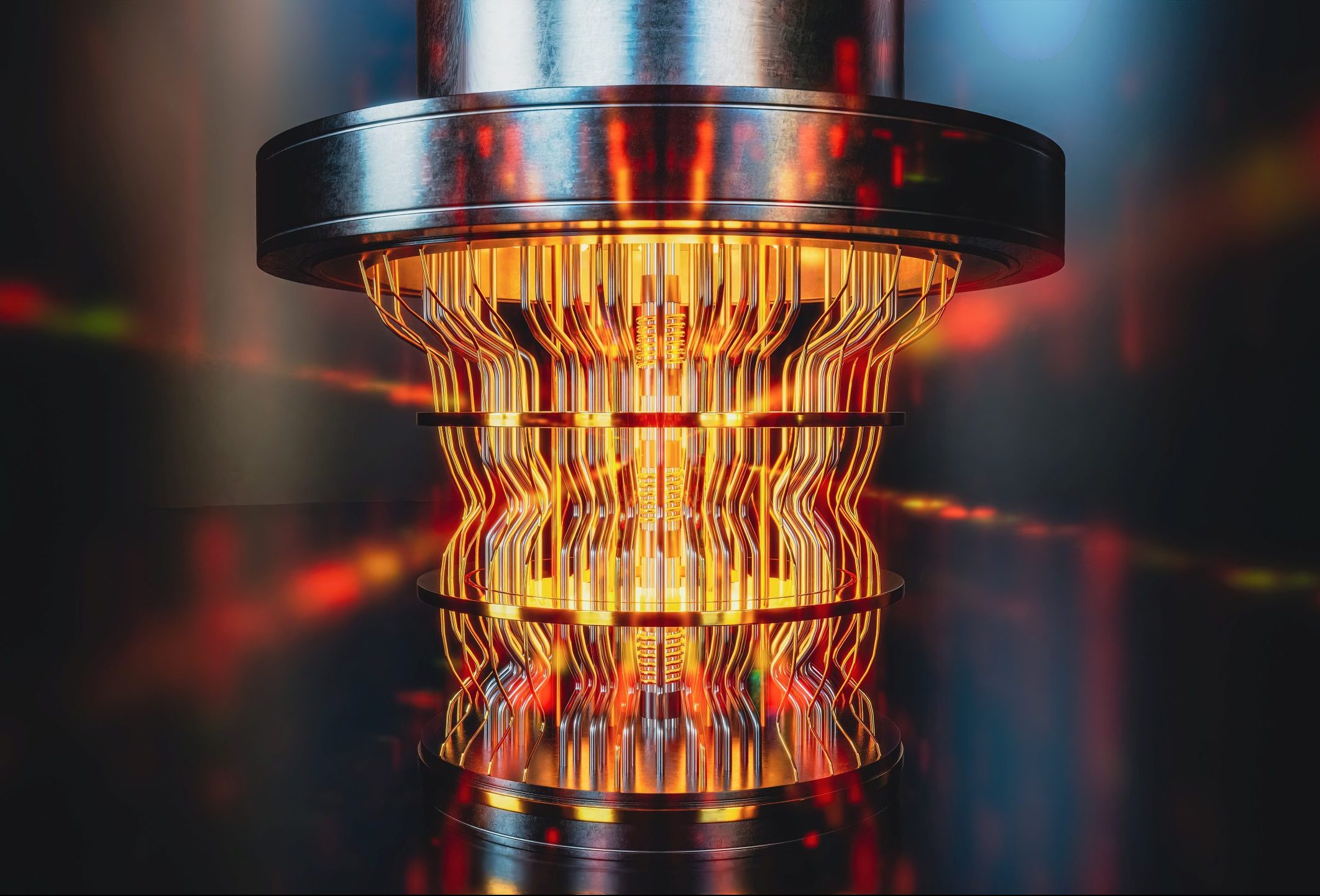
Program Highlights and Recent Developments
QuantumCT has been making significant strides, particularly with the recent announcement from the Governor of Connecticut. In a bold move to position Connecticut as a leader in innovation, the Governor announced a $100 million investment aimed at bolstering research and development in cutting-edge technologies, including quantum science. This substantial investment underscores the state’s commitment to fostering advancements in this transformative field.
A key development for QuantumCT is the introduction of Quantum Seed Grants, which are funding innovative solutions to real-world problems. Nine Connecticut-based research groups have received one-year seed grants to tackle challenge problems issued by corporate partners. These projects aim to develop algorithms for simulating molecular drug actions, invent accurate sensors for extreme environments, and address other critical needs in industries like aerospace and biotech.
Yale brings world-renowned expertise in quantum science and technology to the table, complementing UConn’s strengths and facilitating a robust exchange of ideas and resources. This partnership is vital in addressing the complex challenges in quantum research and development. Yale’s Vice Provost for Research, Michael Crair, highlights the importance of these collaborations, stating, “These grants are fertilizing creative, potentially transformative projects in quantum science and technology across several key industries, all of which are central to Connecticut’s present and future economy.”
QuantumCT has been active in hosting events that bring together leading minds in quantum science. For instance, Josiah Sinclair from MIT-Harvard CUA presented a colloquium at UConn on a new platform for quantum science in early 2024, featuring programmable arrays of single atoms. Events like this highlight the initiative’s dedication to cutting-edge research and collaboration.
Looking ahead, QuantumCT aims to position Connecticut as a global hub for quantum education, job training, and research innovation. The collaborative efforts of UConn, Yale, and industry partners are paving the way for a faster pace of quantum innovation. Pamir Alpay, UConn’s Vice President for Research, Innovation, and Entrepreneurship, notes, “These seed grants will fuel not only quantum discovery but also career opportunities in a high-demand STEM field.”
With the recent $100 million investment from the state, QuantumCT is well on its way to driving forward the next wave of technological advancements, transforming industries, and creating new economic opportunities. For more information about upcoming events and the latest research from QuantumCT, visit QuantumCT.org.
UConn Secures $10.5 Million AFRL Contract to Propel High-Speed Aerospace Innovations

UConn has secured an additional $10.5 million contract from the U.S. Air Force Research Laboratory (AFRL) to support its aerospace manufacturing research, bringing total project funding close to $30 million. This partnership focuses on overcoming manufacturing challenges in aerial systems designed for high speeds and altitudes. Seven faculty members, along with graduate and post-graduate students, will tackle welding-related issues and develop advanced high-temperature materials. These interdisciplinary projects span material science, mechanical engineering, civil engineering, and chemistry.
Professor Rainer Hebert, the primary investigator and Director of the Pratt & Whitney Additive Manufacturing Center, emphasized the value of integrating government, industry, and academia in research. UConn’s collaboration with AFRL, which began in 2018, involves major industry partners like Raytheon, Pratt & Whitney, and Collins Aerospace. This partnership has sharpened UConn’s focus on application-relevant research, distinguishing their work from industry projects constrained by production schedules.
The new grant will fund a four-year research project combining experimental and theoretical approaches to advance materials for RTX, formerly Raytheon. Research will explore the behavior of non-metallic, high-temperature materials and additive manufacturing of refractory metals. Additionally, the project will investigate the design and processing of metamaterials capable of modifying heat and electromagnetic fields for improved thermal management.
This continued collaboration underscores UConn’s role as a valuable partner to AFRL and key industry players, driving advancements in aerospace technology and contributing to Connecticut’s economy. Faculty members who will work on projects covered through the $10.5 million contract include Mark Aindow, Pamir Alpay, Osama Bilal, Lesley Frame, Jeongho Kim, Rainer Hebert, and Steven Suib.
Click here for more information about the AFRL project funding.
Nanoparticle-Stabilized Emulsions and Foams
PUBLICATION
Shing-Yun Chang, Sahil R. Vora, Charles D. Young, Abhishek Shetty & Anson W. K. Ma. Viscoelasticity of a carbon nanotube-laden air–water interface. Eur. Phys. J. E 47, 18 (2024). https://doi.org/10.1140/epje/s10189-024-00411-0
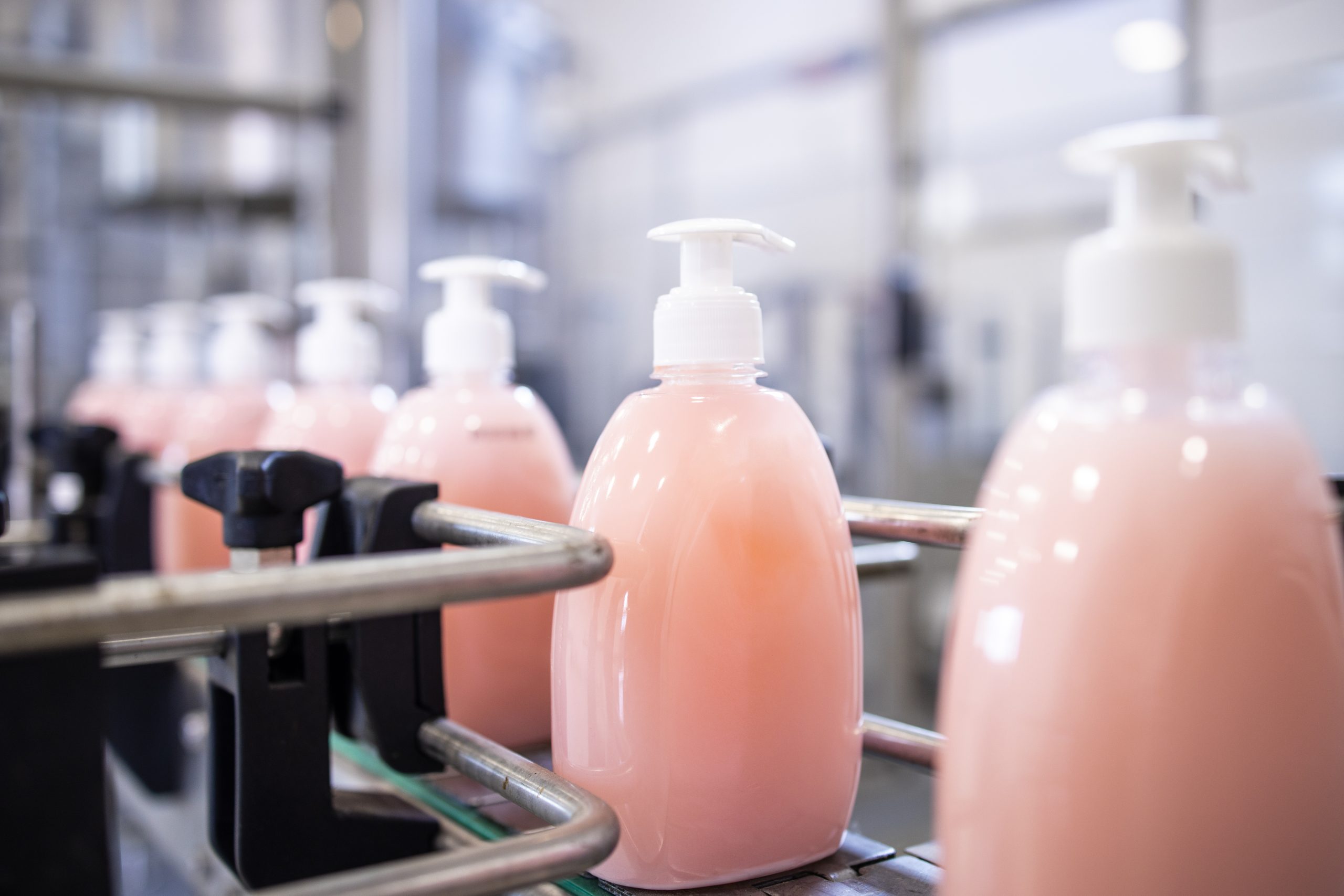
Emulsions and foams are ubiquitously found in pharmaceutical, agricultural, personal care, and food products. Although it has been known for more than a century that small, nanoscale particles may be added to stabilize these products and increase their shelf-life, accurately capturing the behavior of these particles remains extremely challenging. In this article, UConn researchers critically compare two state-of-the-art experimental methods for studying particles at an interface, laying the foundation for predicting and improving the stability and performance of a wide range of commercial products.
Click here to read the full article.
Predicting Tool Wear in Precision Machining through Unsupervised Machine Learning
PUBLICATION
Debasish Mishra, Utsav Awasthi, Krishna R. Pattipati & George M. Bollas. Tool wear classification in precision machining using distance metrics and unsupervised machine learning. J Intell Manuf (2023). https://doi.org/10.1007/s10845-023-02239-5
 In this article, Debasish Mishra, PostDoc (UConn ‘23) and coauthors introduce a novel approach that applies unsupervised Machine Learning to predict tool wear in precision machining accurately. Tested across multiple machines, workpieces, toolings, and cutting settings, the research offers a promising new methodology for improving efficiency and reliability in machining operations by predicting tool replacement decisions.
In this article, Debasish Mishra, PostDoc (UConn ‘23) and coauthors introduce a novel approach that applies unsupervised Machine Learning to predict tool wear in precision machining accurately. Tested across multiple machines, workpieces, toolings, and cutting settings, the research offers a promising new methodology for improving efficiency and reliability in machining operations by predicting tool replacement decisions.
This research was supported by the Air Force Research Laboratory, Materials and Manufacturing Directorate [FA8650-20-C-5206].
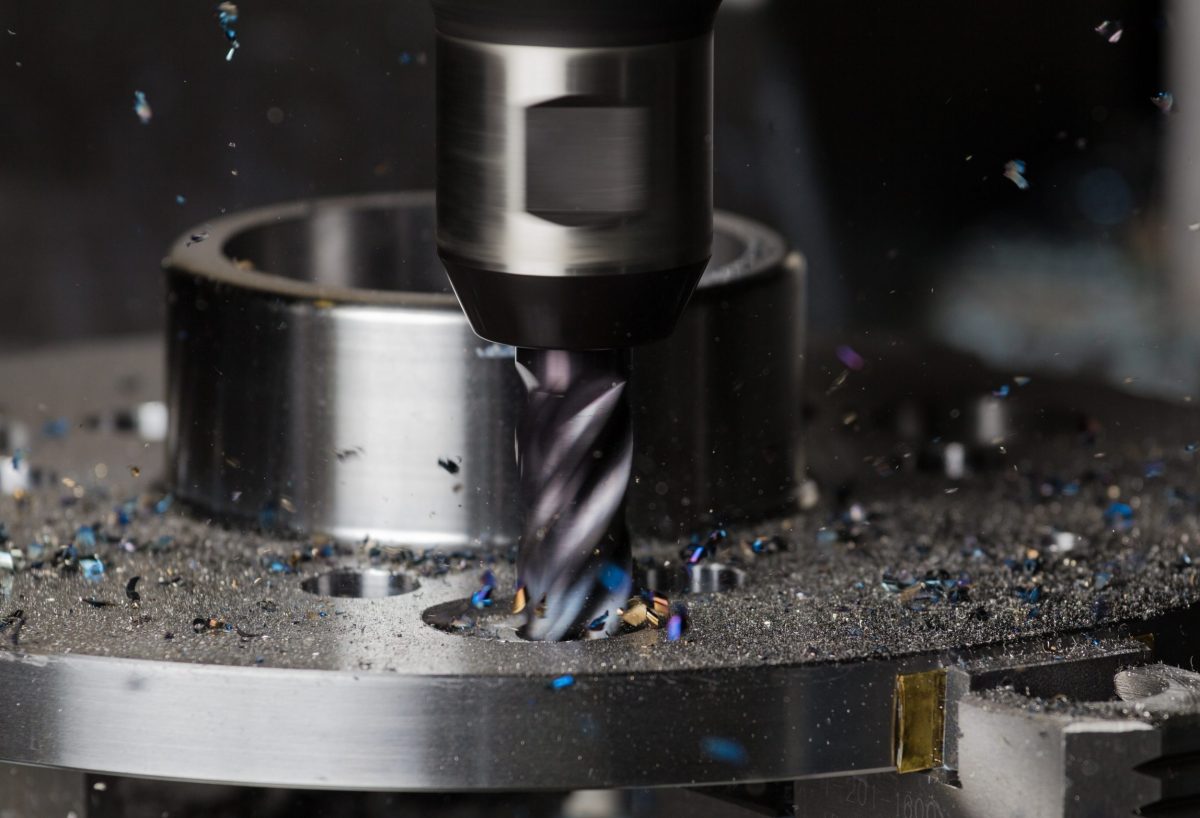
New England Security Day 2024
On March 15th, the Innovation Partnership Building hosted New England Security Day 2024 (NESD), featuring cutting-edge cybersecurity research by experts from academic and professional backgrounds. Participants included industry professionals and academic institutions such as Boston University, Brown, Harvard, UMass, MIT, Northeastern, WPI, and Yale. Attendees had the opportunity to learn about the latest advancements in technology and network for potential collaboration and employment prospects. The conference welcomed a diverse audience of professionals, academics, and graduate and undergraduate students interested in cybersecurity, regardless of their familiarity with advanced concepts like fuzzers, machine learning methods for intrusion detection, or efficient post-quantum cryptography.
Visit the NESD 2024 web page for additional information and to view the NESD 2024 video, complete event program and additional photos.
